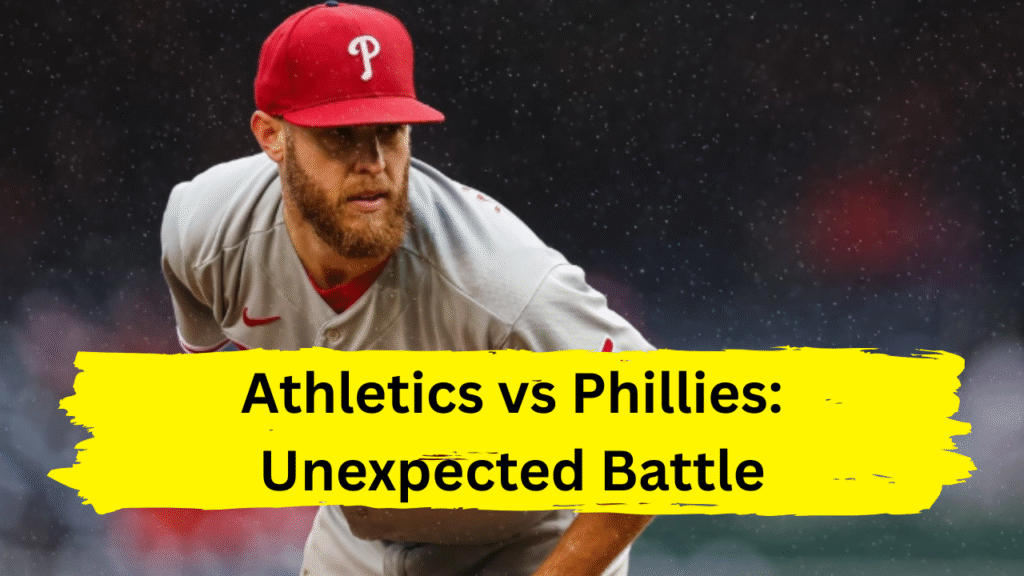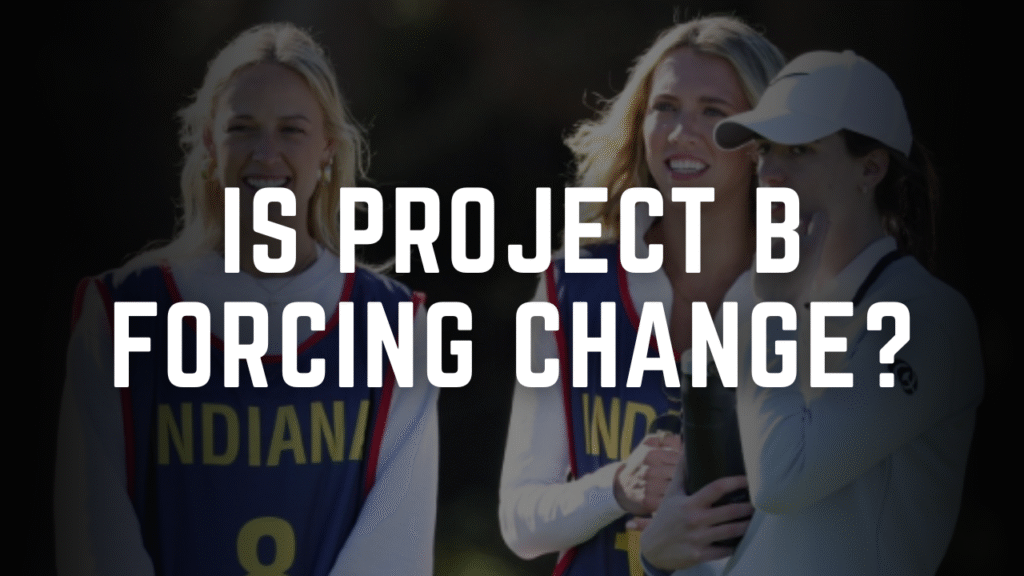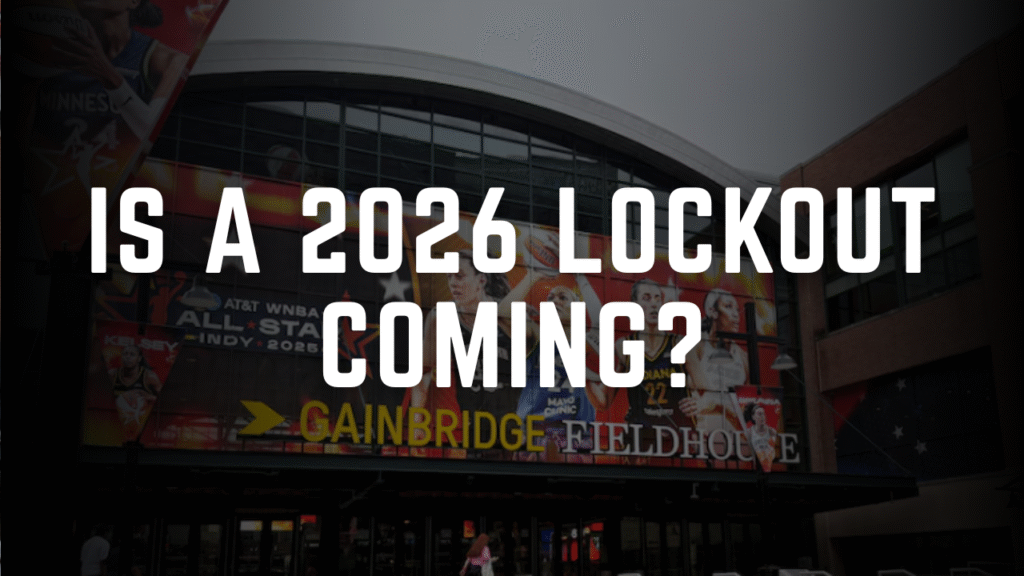The Oakland Athletics’ three-game series against the Philadelphia Phillies this weekend at Citizens Bank Park was billed as a mismatch—a struggling small-market team versus a World Series contender. But baseball, as it often does, defied expectations. While the Phillies ultimately claimed the series, the gritty performances, breakout stars, and late-game drama offered a reminder of why America’s pastime remains unpredictable. Here’s a look at how the series unfolded and what it means for both teams moving forward.
Game 1: Phillies’ Power Prevails
The series opened with a dominant 6-1 Phillies victory, a game that showcased Philadelphia’s offensive firepower and Zack Wheeler’s Cy Young-caliber form. Wheeler, fresh off a 14-strikeout gem against the Mets, carved through Oakland’s lineup with precision, allowing just three hits over seven innings. His command of the slider and four-seam fastball left A’s hitters flailing, particularly rookies like Max Schuemann, who struck out twice on seven pitches.
Philadelphia’s offense, meanwhile, flexed its depth. Bryce Harper’s two-run homer in the third inning—a 423-foot moonshot to right-center—set the tone. But it was Alec Bohm, the NL’s RBI leader, who delivered the dagger: a bases-clearing double in the fifth that capitalized on a costly error by A’s third baseman Abraham Toro. For Oakland, the lone bright spot was pitcher Luis Medina, who navigated three scoreless innings in relief, showcasing a 98-mph fastball that hinted at his untapped potential.
Game 2: A’s Stun with Late-Inning Magic
The second game flipped the script, delivering one of the most thrilling comebacks of the season. Trailing 4-2 in the ninth, the Athletics rallied against Phillies closer José Alvarado, whose recent struggles (6.23 ERA in May) continued. Brent Rooker, Oakland’s lone All-Star representative last year, ignited the rally with a leadoff double. Two batters later, Shea Langeliers—a former Phillies prospect—launched a three-run homer into the left-field seats, silencing the crowd and sealing a 5-4 win.
The victory was a testament to Oakland’s resilience. Starter JP Sears battled through five innings despite lacking his best stuff, and the bullpen trio of T.J. McFarland, Lucas Erceg, and Mason Miller held Philadelphia to one hit over the final four frames. For the Phillies, the loss exposed bullpen vulnerabilities that could haunt them in October. “We have to figure out the late innings,” manager Rob Thomson admitted postgame.
Game 3: Nola’s Masterclass and a Controversial Call
The rubber match belonged to Aaron Nola, who delivered a vintage performance in Philadelphia’s 3-1 win. Nola’s curveball danced through Oakland’s lineup, generating 12 swings-and-misses as he tossed eight innings of one-run ball. His lone mistake—a hanging slider to Brent Rooker in the fourth—resulted in a solo homer, but the Phillies’ offense did just enough. Trea Turner’s RBI single in the fifth and a Bryson Stott sac fly in the seventh provided the cushion.
The game’s defining moment, however, came in the sixth inning. With runners on the corners, A’s manager Mark Kotsay challenged a safe call at first base, arguing that Nick Castellanos beat the throw by leaning into the bag. After a five-minute review, the call stood—a decision that left Kotsay fuming. “The process is broken,” he told reporters, echoing a sentiment felt by many small-market teams wary of inconsistent umpiring.
What the Series Taught Us
Phillies’ Strengths and Concerns: Philadelphia’s rotation (2.89 ERA, second in MLB) remains elite, but the bullpen’s 4.56 ERA in May is alarming. Alvarado’s blown save highlighted the need for reinforcements, with trade rumors linking the Phillies to White Sox closer Michael Kopech. Offensively, the trio of Harper, Bohm, and Turner is formidable, but the bottom of the lineup (3-for-26 in the series) needs more consistency.
Athletics’ Silver Linings: Oakland’s 16-35 record is dismal, but hidden gems are emerging. Luis Medina’s electric arm could make him a trade chip or rotation staple. Shea Langeliers (10 HRs in May) is proving he’s more than a defensive specialist. And despite limited resources, the A’s farm system—ranked 8th by MLB Pipeline—offers hope with prospects like Jacob Wilson nearing the majors.
The Human Element: The series also underscored baseball’s unwritten rules and evolving culture. In Game 2, Phillies fans booed A’s reliever Mason Miller for his signature “ice in my veins” celebration after a strikeout—a gesture Miller adopted to honor his late father. “This game needs more personality,” Miller said postgame, reflecting a generational shift toward self-expression.
Looking Ahead
For the Phillies, the focus remains on securing the NL East crown and addressing bullpen woes. A series win keeps them atop the division, but with the Braves and Dodgers looming, margin for error is slim.
The Athletics, meanwhile, face a long road ahead. Their 28th-ranked payroll and uncertain stadium future cast a shadow, but this series proved they’re not just a punchline. As outfielder Brent Rooker noted, “We play for each other. That’s all we can control.”
In the end, the Athletics vs. Phillies series was a microcosm of modern baseball: a blend of star power, underdog grit, and debates over fairness and tradition. While Philadelphia marches toward October, Oakland fights for respect—one clutch hit and controversial call at a time.


